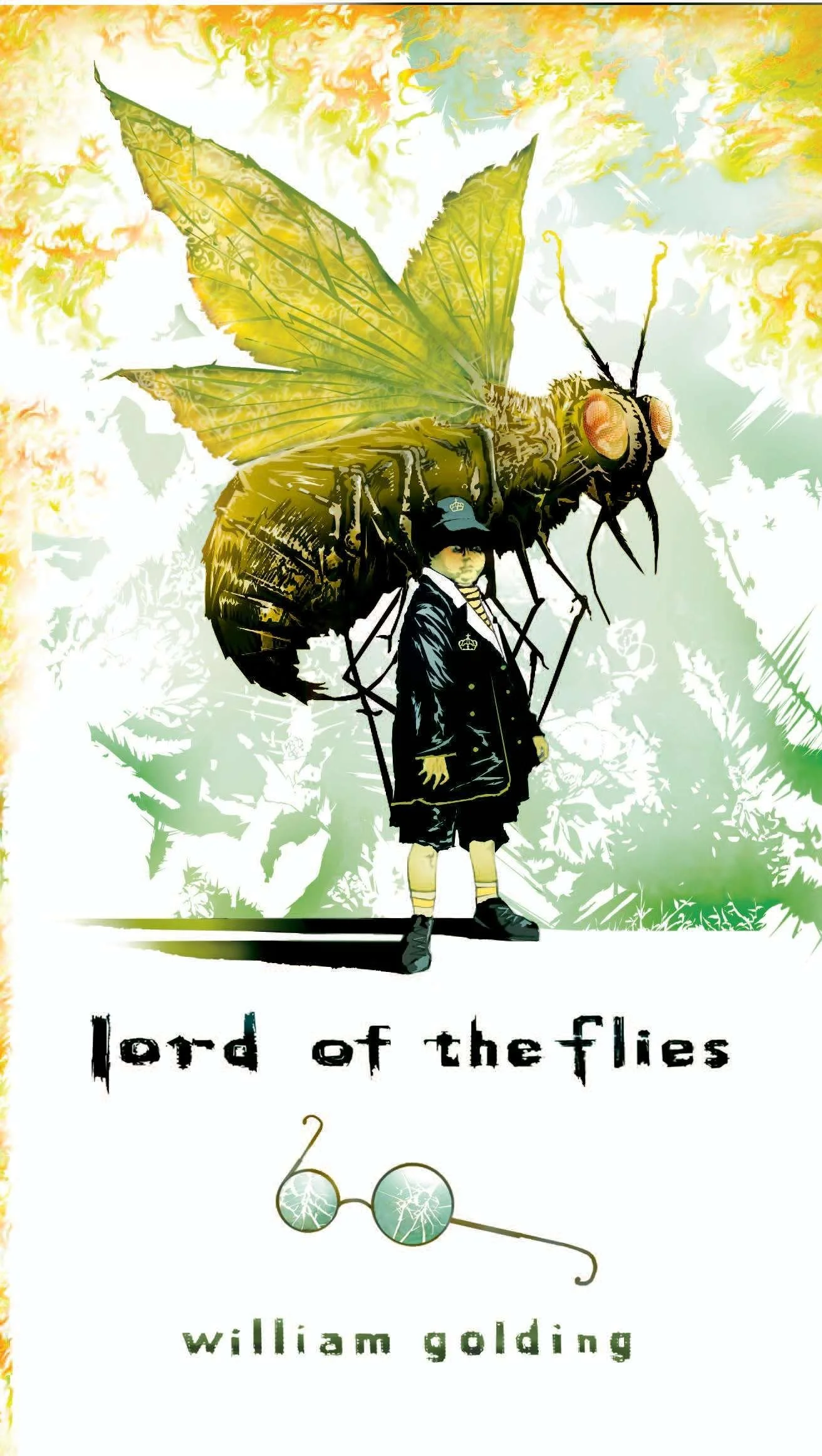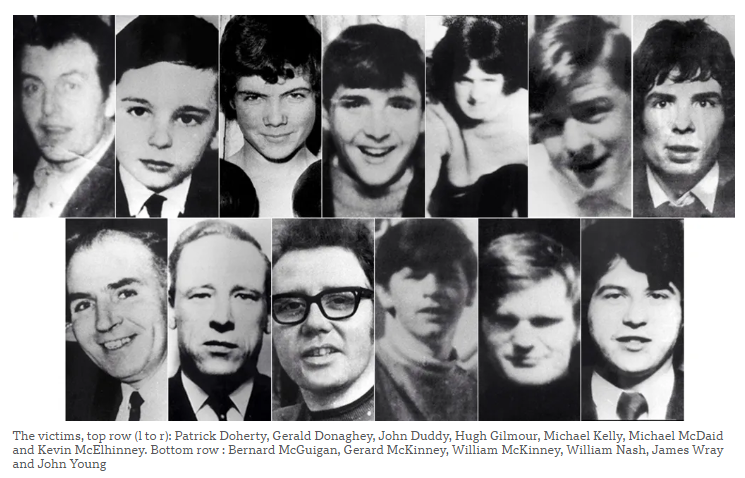COURAGE
Ordinary people helping each other in New Orleans, following Hurrican Katrina in 2005
Who do we think we are? Deep down, I mean. When the shit hits the fan, and all the bells and whistles of our lives are stripped away. It’s a hard question to answer. Am I the kind of person you can rely on when you need help, or will I buckle in a crisis? To quote one of my heroes, Doctor Who, “Am I a good man?”
It's only when the shit hits the fan that you can tell what a person is truly like.
But while tough times show us someone's true character, they also show how society expects people to act in a crisis. And if you step back a bit, you'll see how we're being conditioned to believe the worst. A hurricane hits New Orleans, and the TV news shows riots and looting - society falling apart. The cameras zoom in on poor areas, and the message is clear; the peasants are revolting. The mob descends into chaos because it's in our nature. The media assures us that without rules, people will act on their worst instincts and turn feral.
In the William Golding book, Lord of the Flies, a group of boys stranded on an island try to keep order at first, but it doesn’t take long before their instincts take over, and they turn into animals. The island burns, and the kid named Piggy, a symbol of innocence, is chased by a bunch of savages chanting, "Kill the pig, kill the pig". And they do; they drop a fucking boulder on him. Poor Piggy never stood a chance against human's primeval drive to kill.
The problem with this negative picture of humanity, that people are naturally selfish and savage in crises, is that it's complete bollox. Studies repeatedly show that during emergencies, people usually respond with resilience, kindness and a desire to help each other.
Philosophers have long debated what it means to be human. It's the kind of discussion that bores me rigid. Not because it's unimportant - but because philosophers often talk in abstract or overly complex ideas that lose the rest of us.
However, one I could understand is Jean-Jacques Rousseau. He believed that people are naturally good and that society corrupts them. He thought that compassion is part of our nature and shines through in a crises.
This view matches the evidence that disasters usually strengthen community bonds instead of tearing them apart. In crises, people come together, putting their own needs aside to help others, not for gain but because they instinctively know we are all one. Their, our humanity is linked, melded.
It's in those moments, when risking everything for another, that you realise you’re also saving yourself.
After the 2010 earthquake in Haiti, even with the massive destruction, people risked their lives to save others trapped under rubble, and countries joined forces to offer aid, highlighting our natural urge to help. Events like this show that even without a formal structure, people will step up, driven by empathy and a shared sense of humanity. The response, countering the idea that people are selfish cunts out for themselves.
You might think these reports are about sensationalism. "If it bleeds, it leads", but there's more to it. What the reports of chaos are really about is the people at the top trying to ensure the social order stays the way it is, with them at the top. They feed us this narrative of panic because in those moments they shit themselves that they’ll lose control. There’s even a term for it: "elite panic."
Unlike regular panic, which comes from immediate threats, elite panic is when those in power fear that chaos might expose their failures or loosen their grip. They’re terrified people will realise they don’t need to be governed so tightly. So, instead of reform, they double down—more police, more surveillance—claiming it’s for safety, when really, it’s about control.
One of the clearest, historical examples of elite panic is Bloody Sunday, Derry, Ireland, 1972. Peaceful civil rights marchers, demanding basic democratic freedoms, were met with British soldiers and rifles—not because they posed a real threat, but because they challenged the sectarian status quo. The state, shitting itself over losing control of the narrative, opened fire instead of opening dialogue.
13 peaceful protestors were murdered by the British military and another 15 wounded. Unsurprisingly, a British government enquiry cleared the soldiers. A later enquiry found that none of the casualties were posing a threat or doing anything that would justify their shooting. It said no warning was given to any civilians before the soldiers opened fire and that none of the soldiers fired in response to attacks by petrol bombers or stone throwers. The sole soldier ever charged with any of the violence on that day will face trial in September this year, 53 years after the event.
True courage. The 13 peaceful protestors that were murdered by British soldiers on Bloody Sunday
Focusing on control rather than community support, is completely the wrong response needed to help those suffering. In other words, they make things worse by turning a calamity into a fucking catastrophe.
Some might say that they do this because they misunderstand human nature, but they're wrong. These fuckers know exactly what they're doing.
In tough times, people often choose to help others, revealing the natural goodness within us. Ultimately, if you look at human nature and how society reacts to crises, you will find empathy and unity. In times of disaster, this spirit shines through, offering hope and revealing the resilience of the human heart. It reminds us that we’re all in this together, deeply connected.
We’re all Sharps Shooters.



